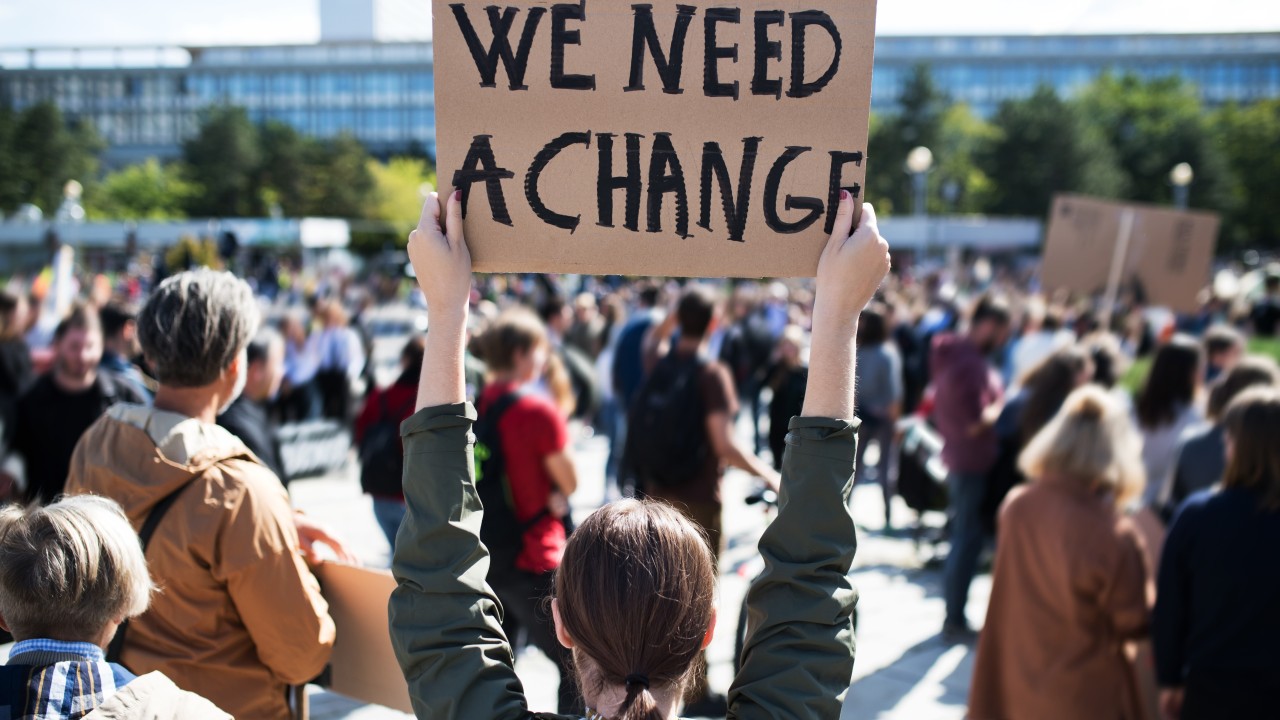Introduction
Technology has always been a catalyst for change, but in today’s interconnected world, it has become the ultimate currency of political and cultural influence. What was once a competition between nations is now a contest between platforms, personalities, and algorithms. The world’s most powerful figures no longer sit only in government offices—they also sit behind code, content, and cameras.
As innovation accelerates, celebrities and tech moguls are emerging as new diplomats of the digital age. Their global reach, financial influence, and ability to shape narratives are redefining international relations in ways traditional politics never anticipated.
Innovation as the New Geopolitical Weapon
In the twenty-first century, control over technology is synonymous with control over power. Nations are racing to dominate sectors like artificial intelligence, cybersecurity, and renewable tech. Yet, as governments invest in digital sovereignty, private corporations increasingly hold the keys to innovation.
This shift has created a new geopolitical paradigm where CEOs of tech conglomerates possess as much negotiating leverage as presidents. Global summits now feature business leaders whose algorithms shape economic outcomes, public opinion, and even national security policies. The lines between public service and private interest continue to blur.
Celebrities as Cultural Diplomats
Amid these global shifts, celebrities are stepping into roles traditionally reserved for diplomats. Their online platforms transcend national borders, allowing them to advocate for political causes, humanitarian aid, and digital ethics. Whether addressing climate change, human rights, or AI regulation, their voices influence millions more than official press conferences ever could.
However, the merging of fame and diplomacy carries both promise and peril. While celebrity advocacy can amplify critical issues, it can also trivialize them. When complex policies are condensed into viral slogans, nuance is often lost in the pursuit of engagement.
The Global Economy of Tech-Driven Influence
The economic weight of technology-driven influence cannot be overstated. Social platforms, AI firms, and streaming services have become global marketplaces where ideas compete alongside products. For many nations, economic policy is now inseparable from digital strategy. Investments in innovation ecosystems determine not only prosperity but geopolitical standing.
Celebrities and entrepreneurs play pivotal roles in this economy. Their ventures into space exploration, clean energy, and biotech are not just business pursuits—they are statements of national and global identity. Each new invention carries implications for diplomacy, employment, and international regulation.
Political Tensions in a Connected World
As technology connects the globe, it also exposes vulnerabilities. Cyber espionage, misinformation campaigns, and algorithmic bias threaten both stability and democracy. Nations blame one another for digital interference, while citizens struggle to discern truth from manipulation.
Tech companies find themselves at the center of these tensions. Their global presence means they must navigate political disputes carefully, balancing user rights with national laws. When platforms are banned or censored, it triggers economic and diplomatic ripple effects across borders. Technology, once a unifying force, has become a stage for ideological confrontation.
The Moral Dilemma of Global Innovation
Progress is often celebrated as inherently positive, but the ethics of innovation are increasingly under scrutiny. Should AI surveillance tools be exported to authoritarian states? Should social media platforms be allowed to profit from political polarization? These questions define the moral fabric of the modern world.
Celebrities and tech leaders are uniquely positioned to influence this debate. Their public personas shape collective attitudes toward digital ethics and privacy. Yet moral responsibility often conflicts with market interest—a tension that will determine the integrity of global progress in the coming decades.
FAQs
How are tech companies influencing international politics?
Through lobbying, data control, and strategic partnerships, tech firms shape national policies and global norms. Their influence often rivals that of traditional diplomatic institutions.
Can celebrities truly function as diplomats?
In a cultural sense, yes. Their reach and credibility allow them to build bridges across nations, though their influence remains symbolic rather than legislative.
Why are innovation and politics now inseparable?
Technology underpins every modern system—economy, defense, communication, and governance. Control of innovation equals control of the future.
What role does social media play in global diplomacy?
It acts as both a tool and a threat. While it enables dialogue and activism, it also spreads disinformation that can destabilize international relations.
Is there a solution to tech-driven political polarization?
Only through transparent governance, public education, and ethical AI development can societies balance innovation with social cohesion.
Conclusion
The fusion of technology, celebrity culture, and global politics marks a new chapter in the story of power. Influence is no longer bound by geography—it flows through data networks, social media feeds, and innovation pipelines that transcend traditional diplomacy.
As nations adapt to this evolving landscape, integrity and accountability must guide the pursuit of progress. The next era of global leadership will belong to those who can harness innovation responsibly, ensuring technology serves humanity rather than divides it.

Leave a Reply